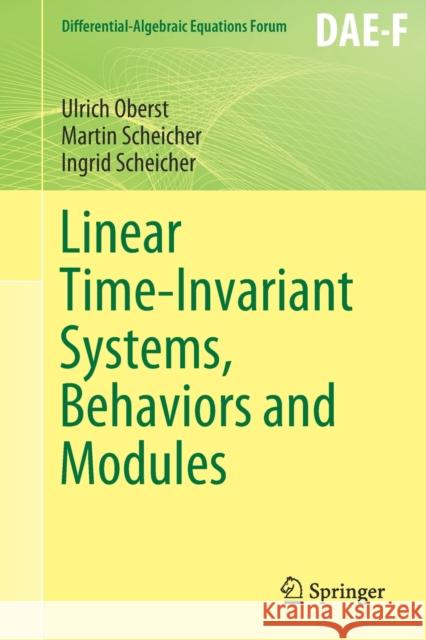Linear Time-Invariant Systems, Behaviors and Modules » książka
topmenu
Linear Time-Invariant Systems, Behaviors and Modules
ISBN-13: 9783030439354 / Angielski / Miękka / 2020 / 750 str.
Kategorie:
Kategorie BISAC:
Wydawca:
Springer
Seria wydawnicza:
Język:
Angielski
ISBN-13:
9783030439354
Rok wydania:
2020
Wydanie:
2020
Numer serii:
000445210
Ilość stron:
750
Waga:
1.04 kg
Wymiary:
23.39 x 15.6 x 3.89
Oprawa:
Miękka
Wolumenów:
01
Dodatkowe informacje:
Wydanie ilustrowane











